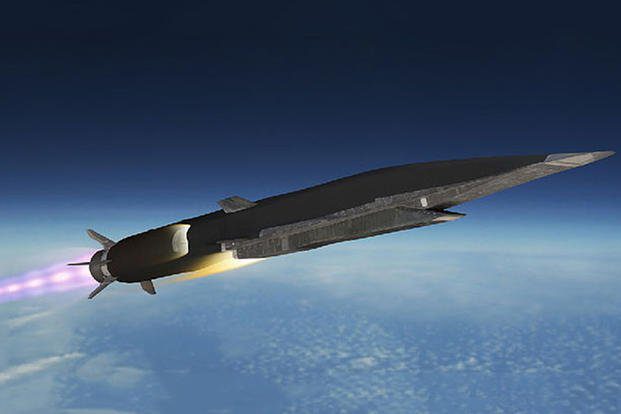Russia’s navy will not launch its new generation “Zircon” hypersonic missile during a joint exercise with South Africa and China, a senior Russian naval officer said on Wednesday, contradicting an earlier Russian media report.
Earlier this month, a Russian frigate armed with the Zircon weapon system was deployed to the joint exercise called ‘MOSI II’, prompting Russian media to announce that the frigate participating in the drills would perform a training launch of the Zircon missile during the exercise.
The 10-day Mosi II exercise, which is taking place off South Africa’s eastern coast and coincides with the first anniversary of Russia’s invasion of Ukraine, has raised alarm among Western governments.
Admiral Gorshkov, a Russian frigate loaded with Zircon hypersonic missiles, will take part in the joint exercises with China’s navy. Earlier this month, it was reported that the hypersonic missile firing would occur during the drills, which kicked off on Wednesday and will last until February 27.
However, Captain Oleg Gladkiy, who is heading the Russian contingent, said during a media briefing in the town of Richards Bay that no test launch would take place as part of the planned artillery drills.
“The hypersonic weapon will not be used in the context of these exercises,” Gladkiy said. “There is no hidden meaning in the exercises that we are performing today.”
Zircon missiles are believed to achieve speeds exceeding 9,000 kilometres per hour (almost 5,600 miles per hour), allowing them to bypass traditional naval defence systems. The missiles, which Russian President Vladimir Putin called “unstoppable,” are capable of carrying a nuclear warhead. Along with the Avangard hypersonic glide vehicle which entered combat duty in 2019, the Zircon forms the centrepiece of Russia’s hypersonic arsenal.
Russia, China and the United States are in a race to develop hypersonic weapons which are seen as a way to gain an edge over any adversary because of their speeds – topping five times the speed of sound – and manoeuvrability.
South Africa has been called insensitive for hosting the drills, known as Mosi-II. The South African government has so far refused to issue a full-throated condemnation of Russia’s war against Ukraine. In response to the criticism, South African Lieutenant-General Siphiwe Sangweni said, “Cooperation and coordination with all other militaries is very important to us.” South Africa’s government has long-standing ties to Moscow dating back to its struggle against apartheid, though it says it maintains a neutral stance on the war in Ukraine.
He said it is necessary for South Africa to learn techniques from other militaries to better defend itself and participate in global peacekeeping missions. Brazil is involved as an observer in the drills. Brazilian President Lula Inacio Lula da Silva has previously said that Ukrainian President Volodymyr Zelenskyy is equally responsible for Russia’s invasion.
World powers are vying for influence in Africa amid deepening global tensions resulting from the war in Ukraine and an increasingly aggressive Chinese posture towards self-ruled Taiwan. Nevertheless, South Africa is among many African countries that maintain relations with Moscow and abstained from voting on a United Nations resolution condemning Russia’s war in Ukraine.
But a number of African nations are steadfastly refusing to take sides. South Africa has defended its decision to host the Mosi II naval exercise despite the concerns of diplomats from the European Union and NATO countries.
The South African National Defence Force says the drills are simply “a multinational maritime exercise”. “It is my belief that the position of the government of South Africa must also and should also be respected, similar to those who have counter opinions,” Lieutenant-General Siphiwe Lucky Sangweni, South Africa’s head of joint operations, told the press briefing.
The naval drills will “strengthen the already flourishing relations between South Africa, Russia and China” with the aim of sharing “operational skills and knowledge”, the military said in a statement.
South Africa’s governing African National Congress has been historically close to Moscow, which supported its struggle against a racist apartheid regime that many Western states considered a Cold War ally.
Domestic critics of its relationship with Russia, however, warn that maintaining those warm ties in the wake of Moscow’s invasion of Ukraine risks damaging relations with major Western trading partners.
